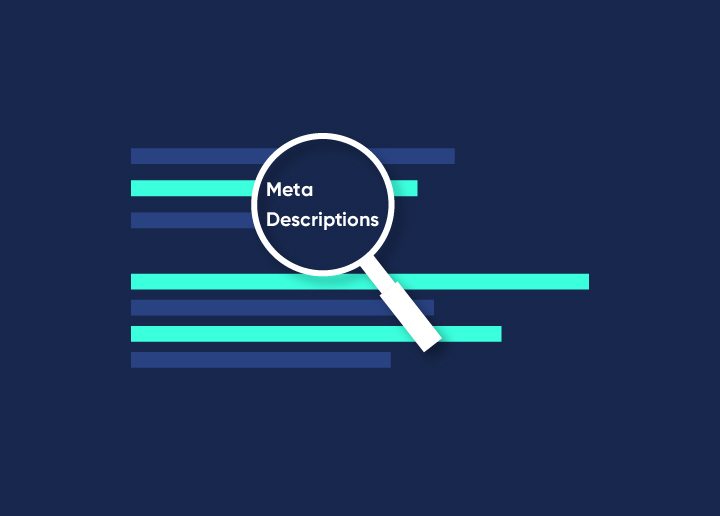A meta description is a short description of a webpage that appears in the search engine results pages (SERPs). The meta description is typically between 150-160 characters long and should be relevant and unique to the page it describes.
Meta descriptions are not a ranking factor for Google, but they are an essential part of on-page SEO and can help improve your click-through rate (CTR) from the SERPs.
Creating compelling and accurate meta descriptions can be challenging, but taking the time to do so is essential, as it can make a big difference in how your website performs in search engines.
Contents
ToggleHow to write a Meta Description?
A meta description is a short text that appears under your page’s title in the search engine results pages (SERPs). It’s also what social media sites use when someone shares your page on their feed.
While your title tells people what your page is about, your meta description entices them to click through to learn more. A good meta description is essential if you want people to visit your site.
Here are some tips for writing compelling meta descriptions:
1. Keep it under 155 characters
2. Use keyword-rich language
3. Focus on benefits over features
4. Write unique descriptions for each page
5. Use natural language and avoid keyword stuffing
When should you start writing Meta Descriptions?
Meta descriptions are a critical part of on-page SEO. They give search engines a snapshot of your page and can help influence click-through rates.
While there is no definitive answer for when you should start writing meta descriptions, here are a few things to keep in mind:
-Your meta descriptions should be unique to each page on your website. Don’t try to stuff keywords into your meta descriptions to manipulate search engine rankings.
-Focus on creating compelling, accurate, and keyword-rich meta descriptions that accurately describe the content on each page of your website.
-Keep your meta descriptions to a reasonable length. Google typically displays 150-160 characters in their search results, so aim for something within that range.
If you’re unsure where to start, look at some of the pages on your website and see if they could benefit from having a well-crafted meta description. If you’re unsure, contact an experienced SEO professional for help.
Tips for writing an effective Meta Description
An effective meta description is informative and persuasive, convincing potential clicks that your page is worth their time. Here are some tips for writing a compelling meta description:
- Keep it under 155 characters: This is the limit for most search engines, so you want to make sure your meta description can be read in its entirety.
- Use relevant keywords: Choose words and phrases that accurately describe the content of your page. These keywords will help potential readers find your page more easily.
- Write in active voice: Be clear and concise in your language to persuade readers to click through to your page.
- Focus on the benefits: What can readers expect to gain by clicking through to your page? Write with these benefits in mind to entice clicks.
Conclusions
While meta descriptions don’t hold as much weight as they used to, they’re still essential to your on-page SEO. A well-written meta description can help you stand out in the search results and entice users to click through to your website.
In this guide, we’ve covered everything you need to know about creating meta descriptions, from what they are and why they matter to how to write them for maximum impact. We hope this guide has helped get you started with optimizing your meta descriptions.




















